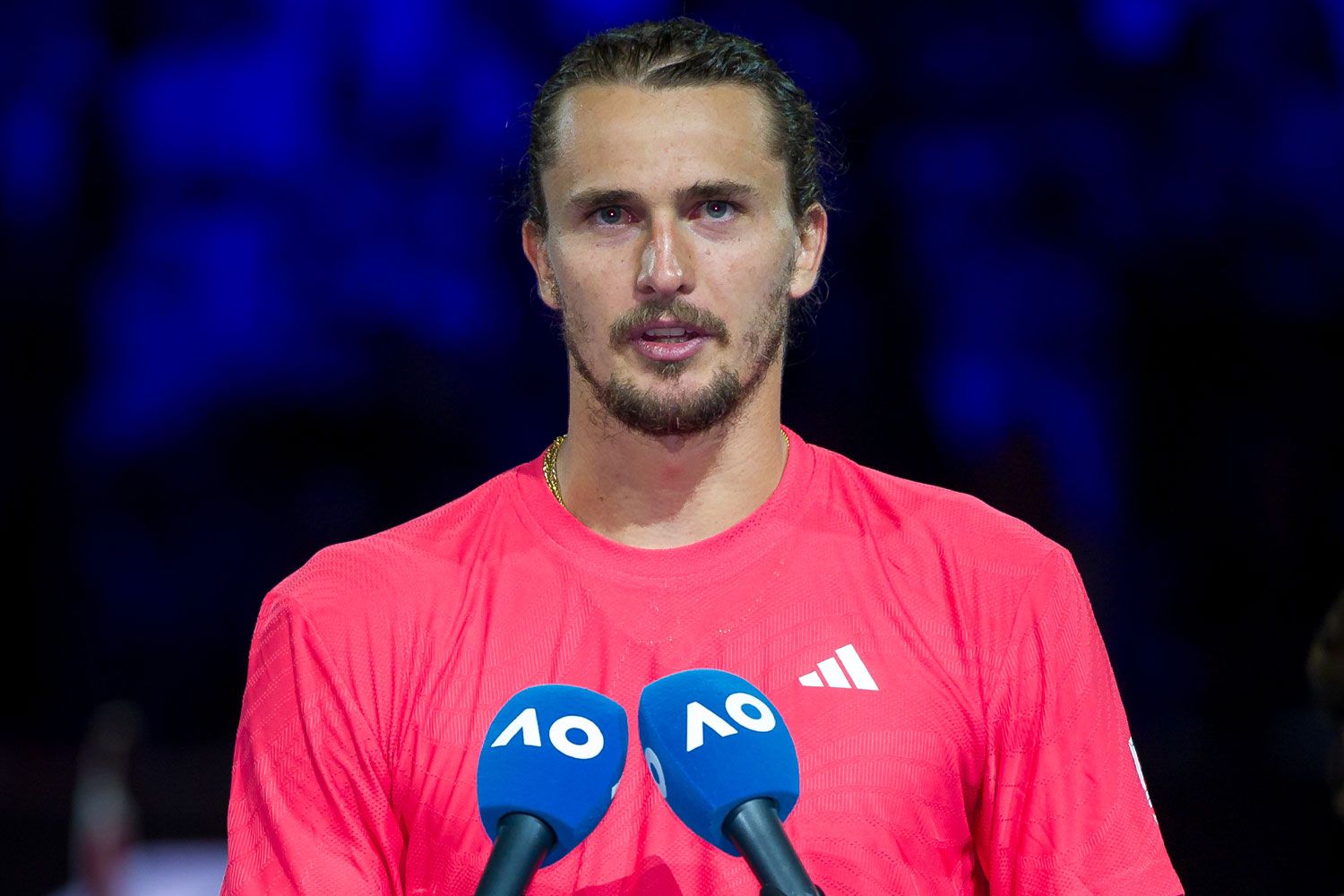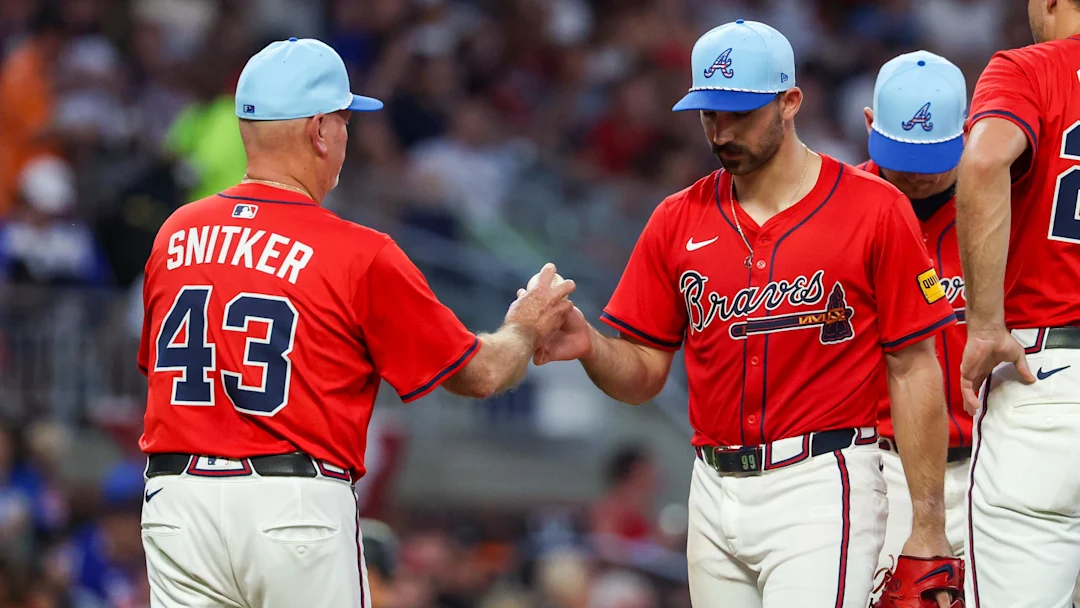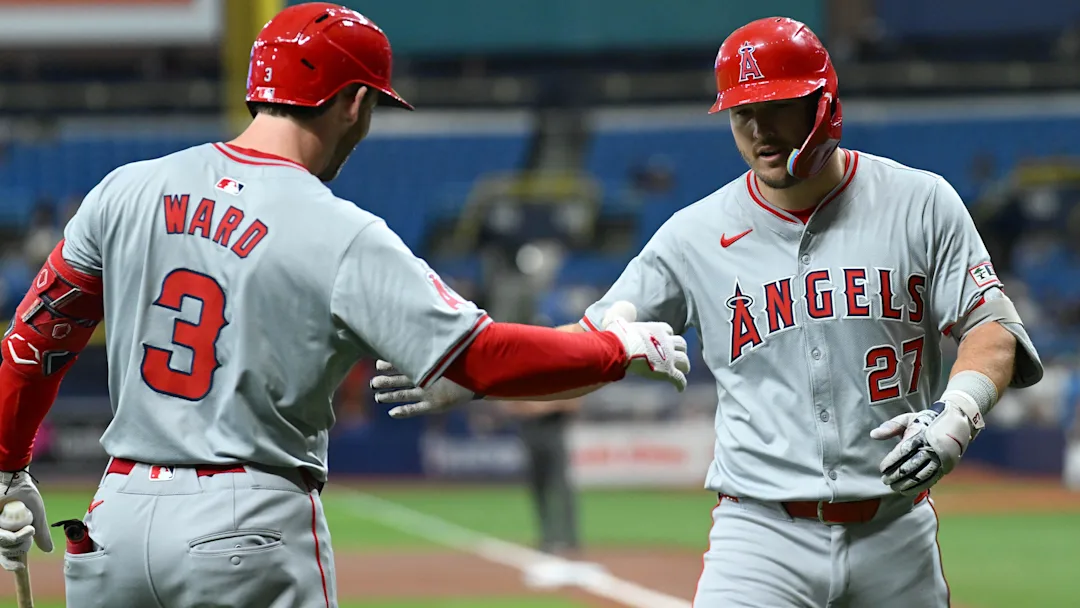
Career in Jeopardy? Zverev Faces Heat After Criticizing Tennis Authorities and Culture
Alexander Zverev, currently one of the top-ranked tennis players in the world, is facing a storm of controversy that could put his career and legacy at risk. Known for his power on the court and his resilience in major tournaments, Zverev has now found himself under intense scrutiny—not for his play, but for his outspoken criticism of tennis governing bodies and the culture surrounding the sport.
Zverev recently made headlines by publicly criticizing what he described as a “toxic” environment within professional tennis. He took aim at the sport’s leadership for their lack of support for players’ mental health and accused the community, including fans and officials, of being too quick to judge athletes without full knowledge of their personal circumstances. His comments, though intended to highlight important issues, have backfired in the eyes of many.
This criticism comes on the heels of several controversies that have plagued Zverev off the court. He has been involved in multiple allegations of domestic violence, including a recent high-profile legal case in Germany. Although the case ended in a settlement without an admission of guilt, the situation sparked widespread debate about his role in the sport, especially as a member of the ATP Players Council. Many felt that tennis authorities had been too lenient or even complicit in minimizing the seriousness of the accusations against him.
The backlash reached a boiling point during the 2025 Australian Open final, when a fan interrupted Zverev’s runner-up speech with a reference to the abuse allegations. The heckle—“Australia believes Olya and Brenda,” referring to the two women who accused Zverev—went viral and reignited public criticism. Zverev was forced to respond during the post-match press conference, where he defended himself and again criticized the way tennis and its audience handle these issues.
Zverev’s critics argue that his comments are an attempt to deflect attention from his own controversies. Others believe he has a valid point about the mental toll that intense scrutiny and social media attacks can have on athletes. Still, in a sport that heavily relies on image, sponsorships, and public perception, his remarks and history may have long-lasting consequences.
On the court, Zverev has shown he is capable of competing at the highest level, reaching Grand Slam finals and winning Olympic gold. However, he has yet to secure a Grand Slam title, and the growing noise off the court may become a barrier to achieving that elusive milestone. The combination of unresolved legal issues, growing media attention, and now a fractured relationship with tennis authorities paints a picture of a player at a crossroads.
Whether Zverev can recover from this moment—both reputationally and professionally—remains to be seen. But one thing is clear: his words have sparked a conversation that tennis may no longer be able to ignore.



